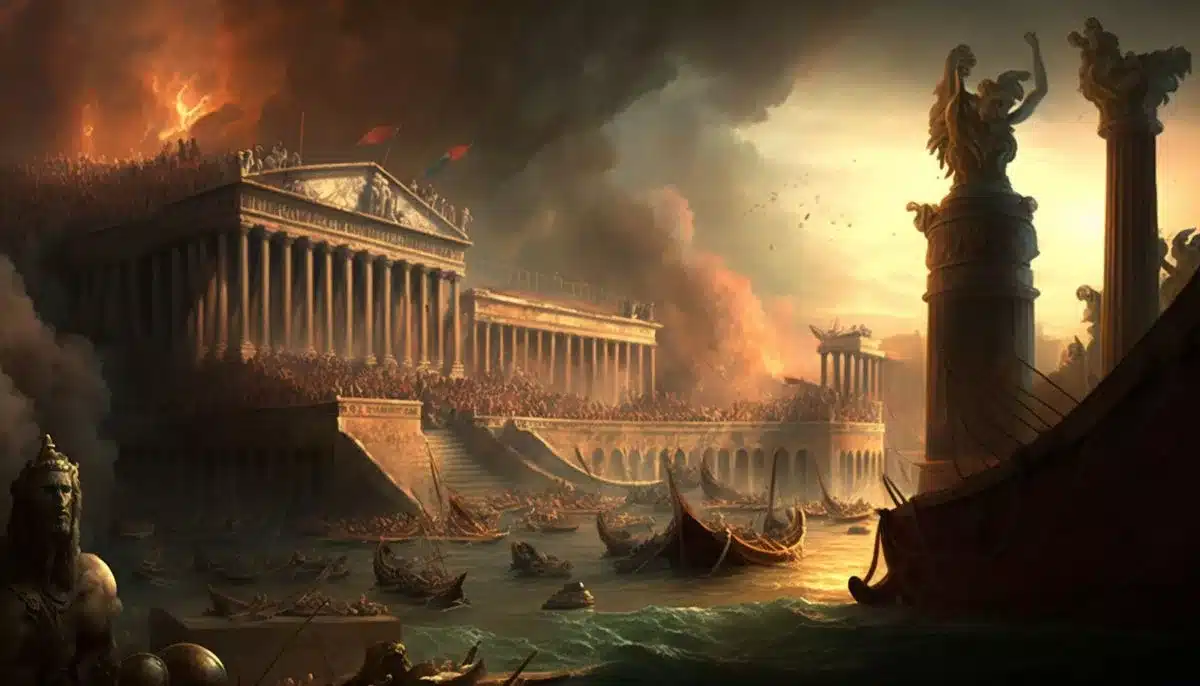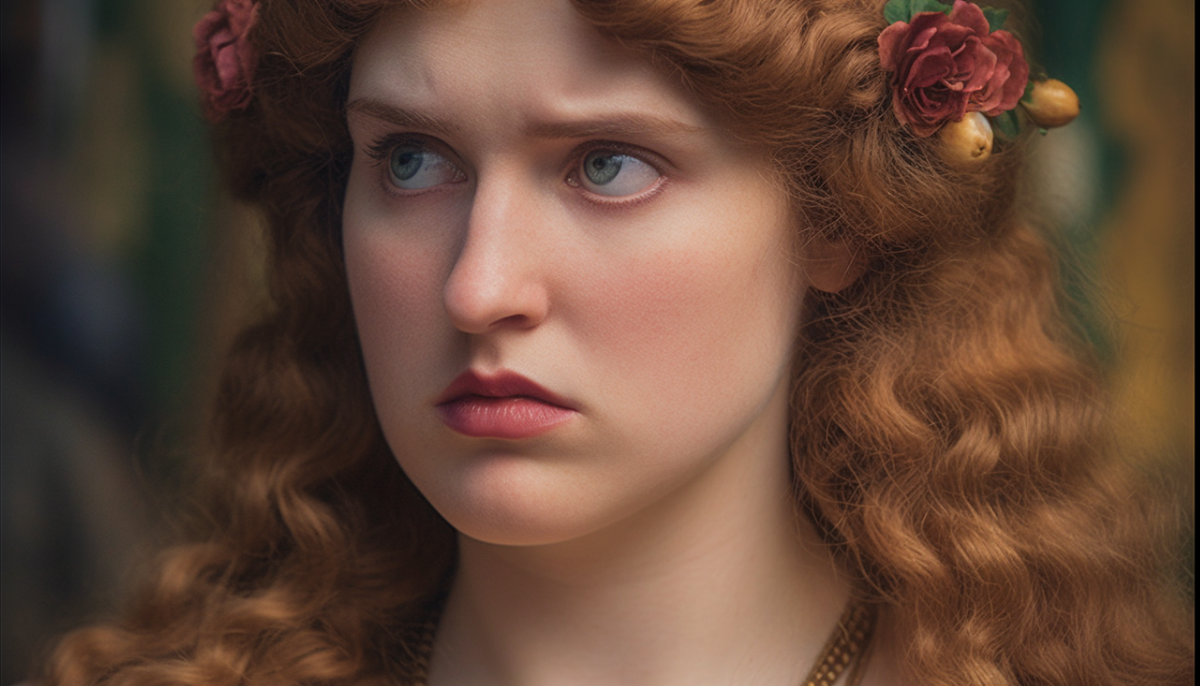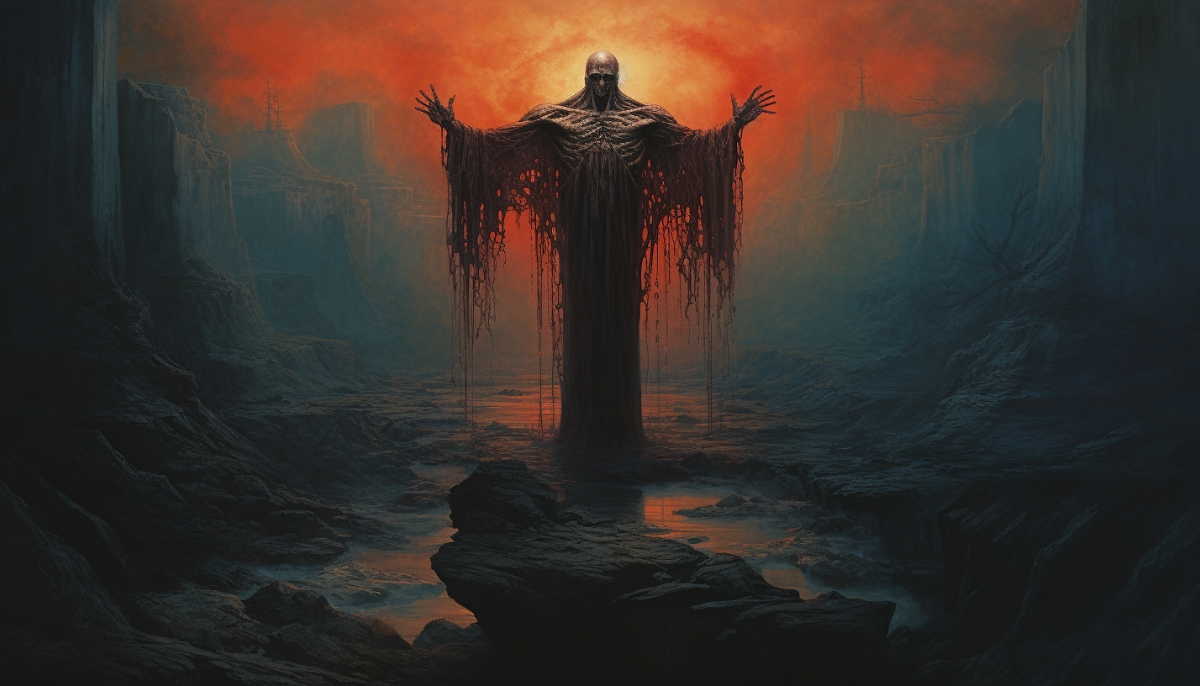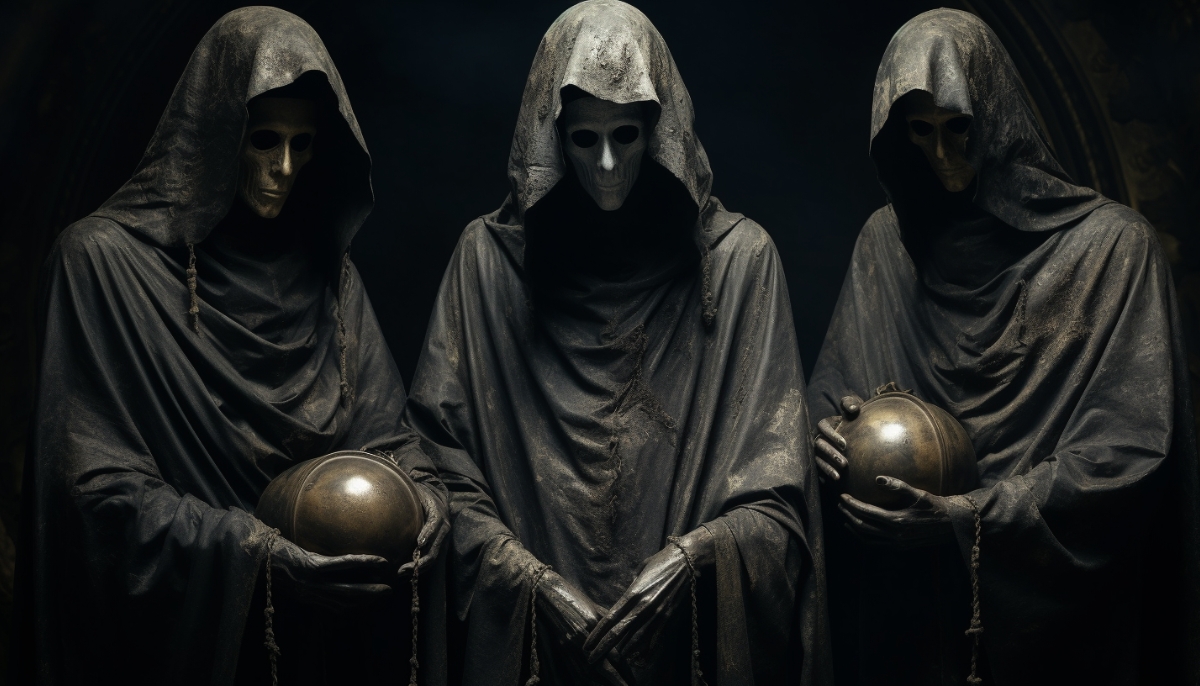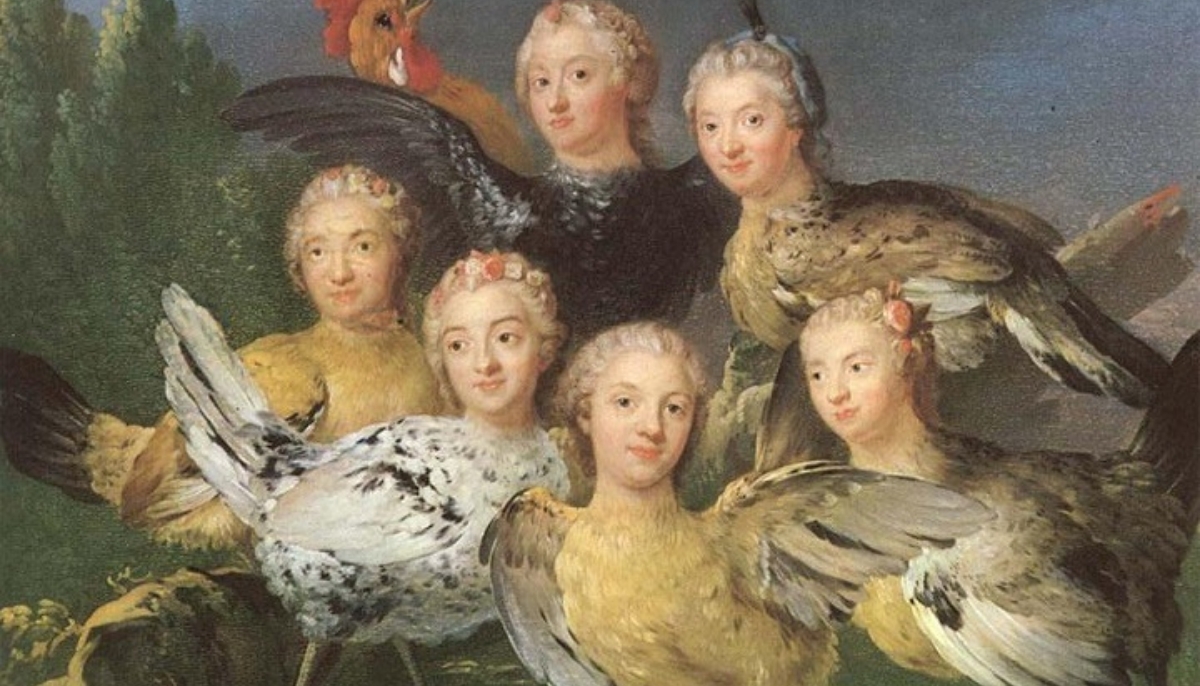The Roman Empire is famous for its engineering marvels, military successes, and cultural impact. But not all emperors were as great as they’re often made out to be.
In this article, we rank the top 5 overrated Roman emperors, challenging popular beliefs about their greatness. We’ll dig deep into their reigns to uncover the real stories behind their inflated reputations.
5. Diocletian
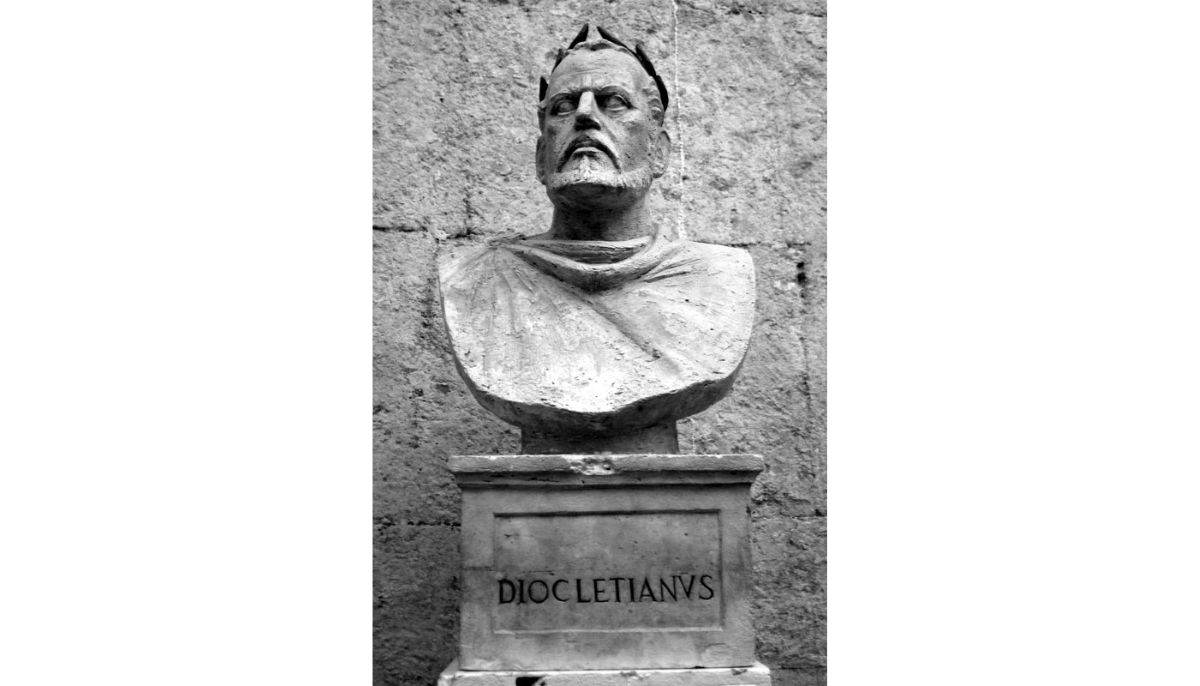
Diocletian was skilled at crisis management. His reforms brought short-term stability to an empire grappling with inflation, civil wars, and external threats.
He created the Dominate system, centralizing power and imposing an aggressive, authoritarian rule.
In military affairs, Diocletian shined. He secured peace in the East through the Peace of Nisibis treaty, gaining control over critical territories like Armenia.
Failures and Controversies of Diocletian
Yet, Diocletian’s legacy isn’t all positive. His Edict on Maximum Prices, aimed at controlling inflation, was a policy failure that led to a black market.
Religious Persecution
His most contentious policy was his brutal persecution of Christians. Diocletian viewed Christianity as threatening his divine status, leading to widespread torture and executions.
Systemic Collapse
Diocletian’s governance structure, the Tetrarchy, aimed to ensure stability. However, it led to civil war and power struggles after his retirement to grow cabbages, causing more problems than solved.
While Diocletian showed prowess in problem-solving and military strategy, his legacy is marred by economic failures and religious persecutions.
His reign may have stabilized the Empire temporarily, but it laid the groundwork for future decline. The system he created fell apart during his lifetime; as Diocletian retired to his cabbage patch, the Empire dissolved into civil war. Thus, his reputation as a great Roman Emperor is often considered overrated.
4. Nerva
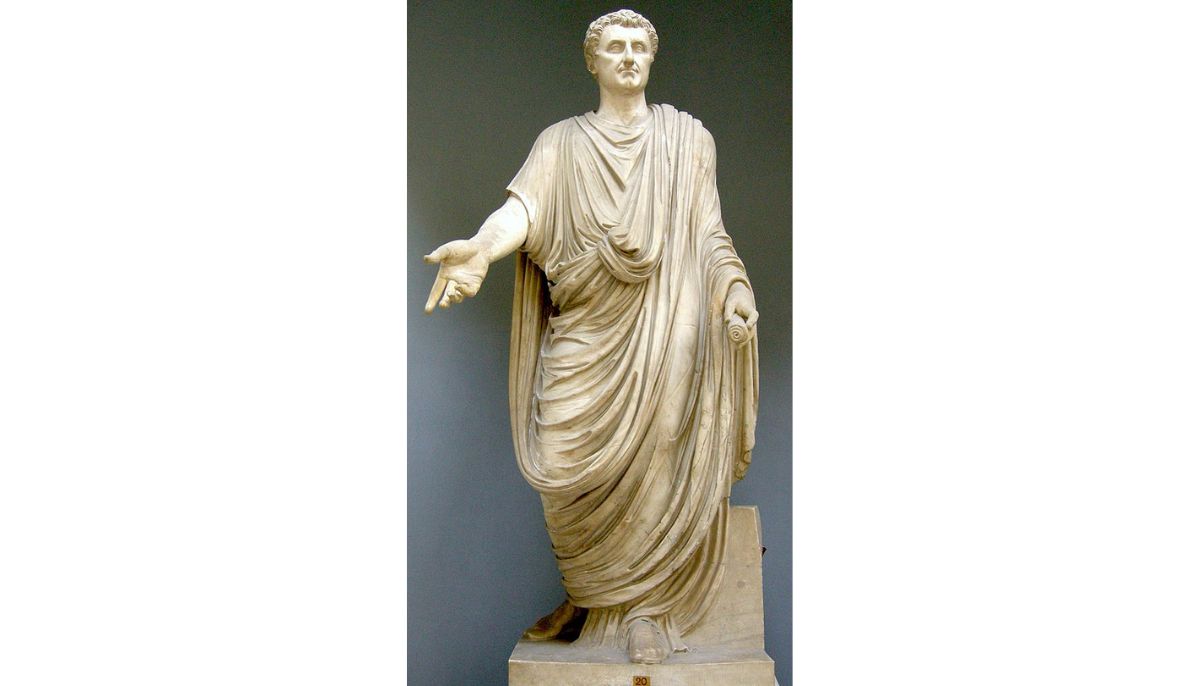
While Nerva is often hailed as one of the “five good Emperors,” his legacy is not without flaws. He ranks number 4 on our list of overrated Roman Emperors for several reasons.
Questionable Ascension
Nerva’s rise to power involved the assassination of Domitian, the previous Emperor.
This act created instability and left the Roman Empire susceptible to internal strife. Nerva’s older age and lack of military backing weakened his hold on the throne.
Lackluster Leadership
Nerva displayed indecisiveness in leadership, struggling to maintain authority over crucial Roman institutions like the Senate and army.
These failings led to administrative disarray and sowed seeds of discontent. Although he tried to remedy this with donatives and tax cuts, these efforts depleted the Roman treasury.
Successor’s Success
Nerva’s legacy significantly benefits from his successor, Trajan, who was the military’s pick. Trajan’s rule led to the Pax Romana, a period of peace and stability. Had Trajan been unsuccessful, Nerva’s legacy would likely have been far less favorable.
While Nerva may have provided a brief period of stability, his reign’s shortcomings make him an overrated figure in the grand sweep of Roman history.
3. Tiberius
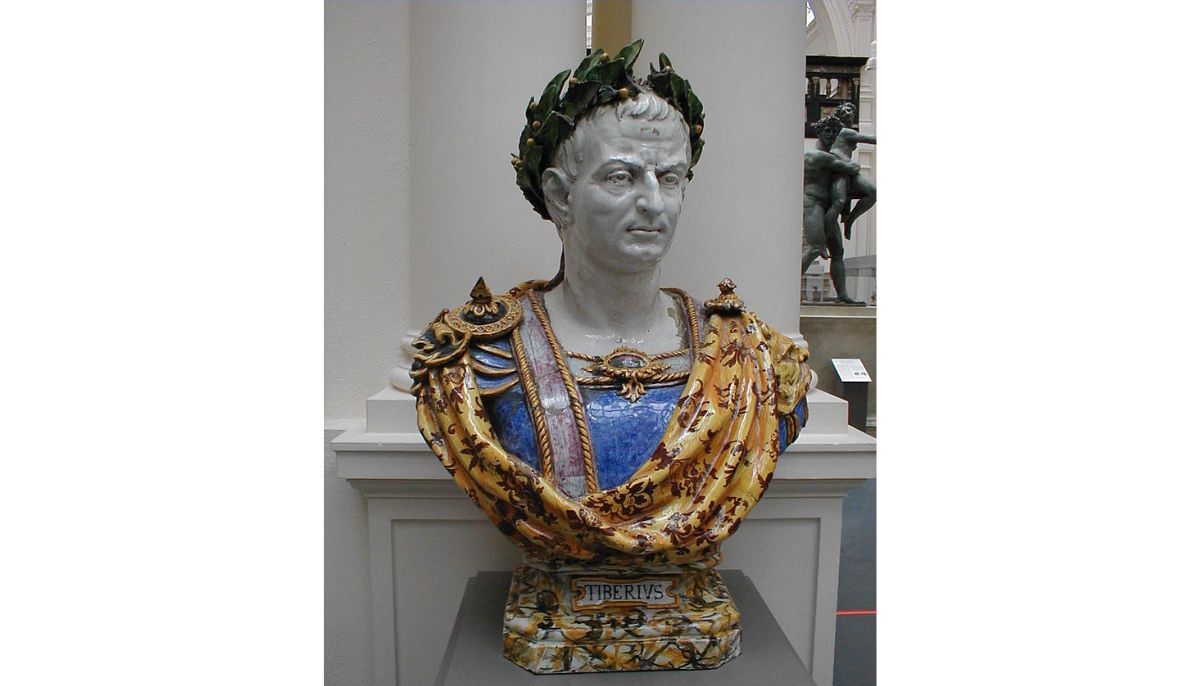
Tiberius, often cited for his early military achievements and financial stewardship, ranks as the third most overrated Roman Emperor. The reality is far grimmer, mainly due to his later years, marred by political purges, cruelty, and poor succession planning.
Flawed Leadership and Sejanus
Tiberius began to withdraw from his duties, delegating authority to Sejanus, commander of the Praetorian Guard.
Under Sejanus, political purges created fear and weakened the Empire’s stability. Tiberius failed to intervene, displaying a lack of leadership that cast a long shadow over his rule.
Dark Years on Capri
Retreating to Capri in 27 AD, Tiberius engaged in sadistic behavior, further distancing himself from his role as Emperor. This period not only damaged his reputation but also undermined his effectiveness as a leader.
Treason Trials
In Rome, Sejanus continued a brutal campaign of treason trials that eliminated potential threats to his power. This further destabilized the Empire and reflected poorly on Tiberius, who failed to contain his subordinate’s ambitions until it was almost too late.
A Disastrous Succession
Tiberius’s biggest failing was perhaps in the area of succession. His successor would go down as one of Rome’s craziest Emperors. Despite knowing the flaws of his grand-nephew Caligula, Tiberius prepared him for leadership. This set the stage for Caligula’s infamous reign, notorious for its cruelty and debauchery, eclipsing even Tiberius’ failings.
Tiberius may have started strong, but his later years were disastrous for the Roman Empire. His failure in governance, cruelty, and poor succession planning make him deserving of the label of one of Rome’s most overrated emperors.
2. Constantine I
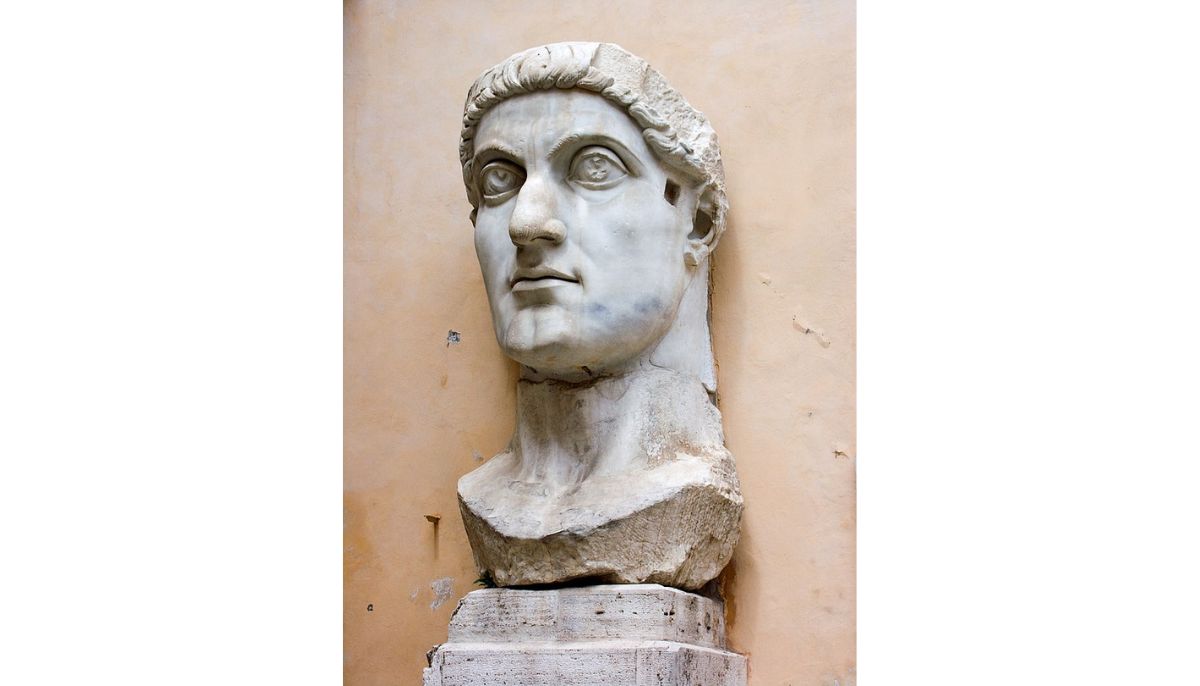
While Constantine the Great is often celebrated for his significant contributions to Christianity and the Roman Empire, he also has notable flaws that make him overrated.
Questionable Methods of Power Acquisition
Constantine’s route to power involved undermining the existing Tetrarchy system. He formed and broke alliances to suit his interests. His methods were opportunistic, prioritizing his ambitions over the stability of the Roman Empire.
Failed Succession Plan
Constantine’s lack of a clear succession plan led to chaos after his death. He left the Empire to his three sons and a nephew without ensuring a stable structure for governance.
This resulted in immediate infighting and civil wars that severely weakened the Empire.
Military Overreliance
Constantine’s focus on military power to secure his reign created a precedent that his successors followed. This reliance on military might left the Empire vulnerable to internal strife and external invasions, contributing to its ultimate downfall.
Skewed Historical Context
Constantine is famous for helping spread Christianity throughout the Roman Empire; his men famously displaced the early Christian Chi Rho symbol.
Constantine’s pivotal role in spreading Christianity has often led to biased historical accounts. Early Christian sources have been more likely to emphasize his contributions to Christianity, often omitting or downplaying the negative aspects of his reign.
While Constantine’s conversion to Christianity was undoubtedly transformative for the religion and the Roman Empire, this focus can skew our understanding of his full impact.
The later Christian sources that celebrate him often ignore or minimize the flaws in his reign, such as his ruthless rise to power and lack of a stable succession plan.
His reign had notable drawbacks that are often overlooked due to the bias of early Christian historians. This one-sided portrayal contributes to him being considered one of the most overrated Roman Emperors.
1. Theodosius I
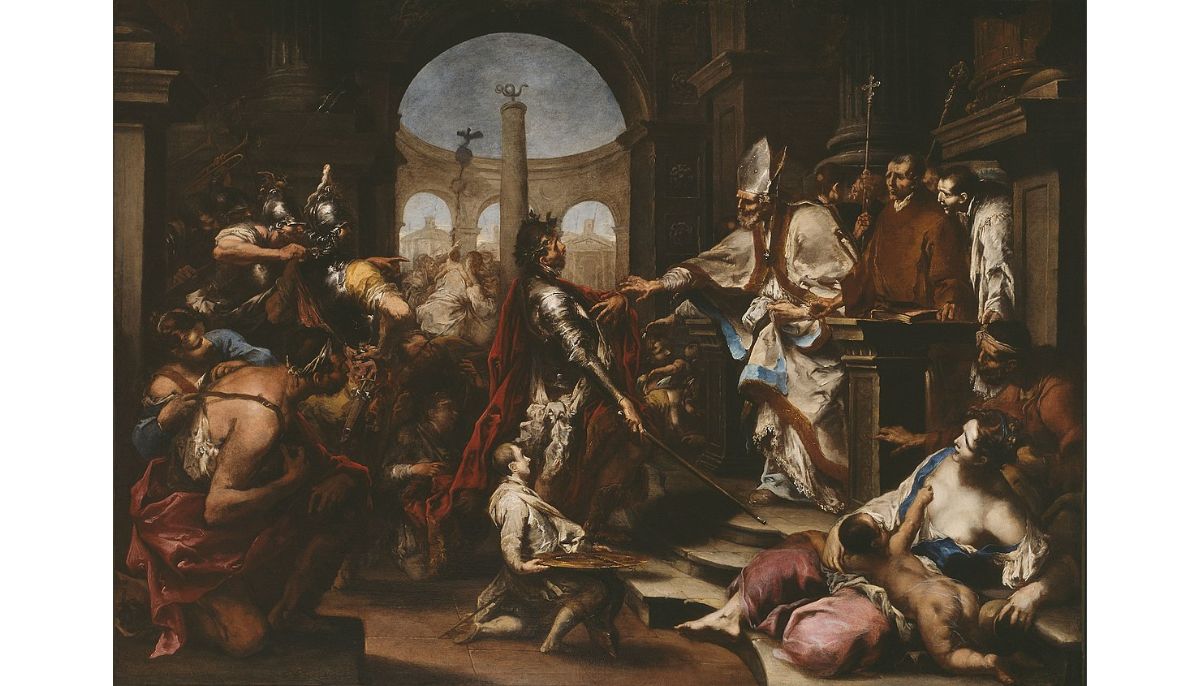
Theodosius the Great stands as the most overrated Roman Emperor, chiefly due to his disastrous dealings with the Goths.
Far from just a minor oversight, his blunders were monumental and laid the groundwork for the collapse of the Western Roman Empire.
Christianity and Policy Shifts
Initially, Theodosius showed some tolerance towards Ancient Roman mythology and religious practices. Over time, however, his stance shifted towards suppressing these beliefs.
He passed decrees limiting Pagan traditions, Roman gladiatorial games disappeared around this time, reducing the Empire’s cultural diversity. Some attribute this change to the influence of Ambrose, Bishop of Milan.
A Failed Peace Deal with the Goths
The peace agreement with the Goths in 381 AD was a pivotal mistake. Theodosius allowed them to keep lands they had taken from Rome and granted them tax exemptions.
This wasn’t just a compromise but a total capitulation that undermined Roman sovereignty. The decision was a glaring sign of weakness that emboldened other barbarian tribes.
Ignorance in Integration Policies
Roman success had always hinged on effective integration policies, breaking new arrivals into smaller groups and distributing them across the Empire.
This prevented unified uprisings and promoted cultural assimilation. Theodosius ignored this successful model.
Instead, he allowed the Goths to maintain their distinct identity and power structures, failing to integrate them into Roman society.
Seeds of Destruction
The Goths never became Romans. They remained separate within the Empire, a ticking time bomb that eventually exploded.
Theodosius planted the seeds of Rome’s destruction by not assimilating the Goths. When the Goths turned against the Empire, their attacks significantly accelerated its collapse.
Theodosius’ Unworthy Legacy
Any credit Theodosius gets for making Christianity the state religion pales in comparison to the cataclysmic mistakes he made with the Goths.
His policies directly contributed to the collapse of the Western Roman Empire. In this critical aspect, Theodosius wasn’t just flawed; he was a failure.
Therefore, labeling him a “great” Emperor isn’t just an overstatement; it’s an affront to the Empire he was supposed to protect.
